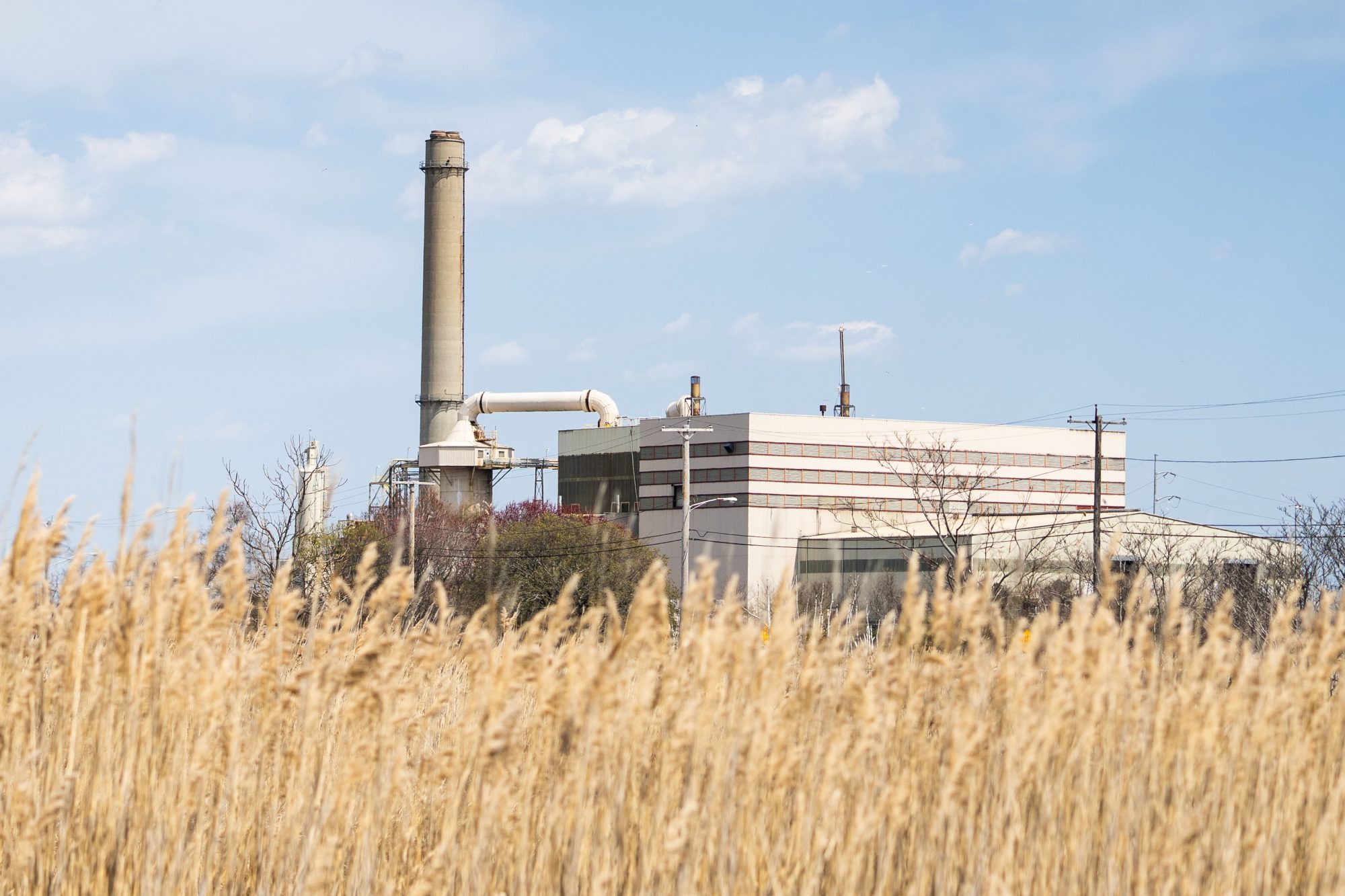SAUGUS — The WIN Waste Innovations subcommittee, after 20 months of discussion and deliberation, approved the company’s proposed host community agreement on Wednesday night, clearing the first hurdle for the proposal, which would provide the town $18.8 million in direct payments in exchange for the company obtaining the necessary permits to continue operating its ash-only landfill for 25 years.
The nearly $19 million payment reflects an increase from the initial proposal, in which the town would have received $15 million. The money will be split between a $15 million payment to the town up front, and 25 payments of $125,000, adjusted for inflation. If WIN is forced to spend more than $5 million due to regulatory requirements, the payment would drop down to $10 million at a rate of $2.50 per ton of ash disposed.
Prior to voting, the subcommittee heard hours of public comment from elected officials and concerned citizens — with the majority of those who spoke at the meeting expressing opposition to the proposal.
Many expressed concern over WIN Waste Innovations’ operations in Saugus in general, but the committee noted that the company will continue operating its waste-to-energy plant regardless of whether they secure the permits to continue filling the landfill with ash. If they are not allowed to dump ash in the fill, WIN Waste would be forced to truck it to Shrewsbury or Putnam, Conn., a process that would be done with 12-15 tractor-trailers each day.
Committee Chair Anthony Cogliano, who is also the chair of the Board of Selectmen, told those in attendance that Saugus should “get something out of” the company operating in the town.
“WIN Waste has similar agreements in other communities but unfortunately Saugus doesn’t have one and that needs to change,” he said.
Pamela Goodwin was one of many who opposed the proposal. She said the town’s initial compliance with the company’s ash monofill was supposed to be a temporary solution in 1996 and would not like to see it grow over the next 25 years.
“Times are changing and they will continue to change, especially over the next 25 years, so I really have great concerns about locking ourselves into a 25-year commitment,” Goodwin said. “As a Town Meeting member, I voted to cap the height limit of the ash fill because I believed it was the right thing to do and I still think it’s the right thing to do.”
State Reps. Donald Wong (R-Saugus) and Jessica Giannino (D-Revere) expressed opposing views on the issue during the meeting, with Wong backing WIN and Giannino expressing concerns about the company’s operation.
“One thing that has been clear from the beginning of this process: the waste-to-energy plant will continue to operate,” Wong said. “That limits the decision to the landfill and how the town can benefit over the long term in a way we never had before. If Saugus is going to host a facility like WIN Waste, the town should have a host community agreement.”
Giannino, on the other hand, submitted a letter to the committee expressing concerns and opposition to the proposal. At the meeting, she told those in attendance that she was there to listen to them and hear their concerns, but did not go into detail about her opposition to WIN’s proposal.
Saugus Town Meeting member Martin Costello called WIN Waste Innovations’ continued operations “ridiculous” during his comments to the committee, which were followed by applause from the room.
“The day of WIN Waste, Wheelabrator, whatever they want to call it, is done,” Costello said. “Enough is enough.”
Jackie Mercurio was the only committee member to vote against sending the agreement to the Board of Selectmen. She said she would like the agreement to stipulate a closure date for the monofill, recycling initiatives, a robocall to Saugus homes, and completion of a comprehensive study into the plant’s health effects.
Board of Selectmen Vice Chairman Debra Panetta said she would like to see the town form a closure committee to establish a plan to wind down WIN Waste’s operations in the town.
“There is nothing more important than our health,” Panetta said. “We could have all the money in the world but if it’s known as an unhealthy community, no one is going to want to come here.”
Several people also spoke about Bear Creek Sanctuary, a 370-acre wildlife habitat adjacent to the company’s energy-to-waste facility. WIN Waste Innovations developed and maintains the sanctuary in Saugus using profits from operating the monofill. Connolly said if the company was forced to shut down the monofill, the sanctuary’s future would be uncertain.
“It is an asset that you ought to be proud of,” John Terry said. “It’s an example to other communities who face the same issues that we’re facing and industry leaders that when you come to the table in good faith, good things happen.”
In addition to providing economic benefits, WIN Waste Innovations also proposes to reduce NOx and other emissions below the current permit limits that are protective of public health and the environment. If it can finalize a community host agreement with the town, the company would also install a stand-alone ambient NOx monitoring station in Saugus.
The proposed agreement now moves onto the Board of Selectmen for review, and officials noted during the meeting that the Massachusetts Department of Environmental Protection will answer questions from residents at a Sept. 28 meeting. In total, the permitting process could take up to three years, according to Connolly.
Rachel Barber can be reached at [email protected]. Charlie McKenna can be reached at [email protected].

